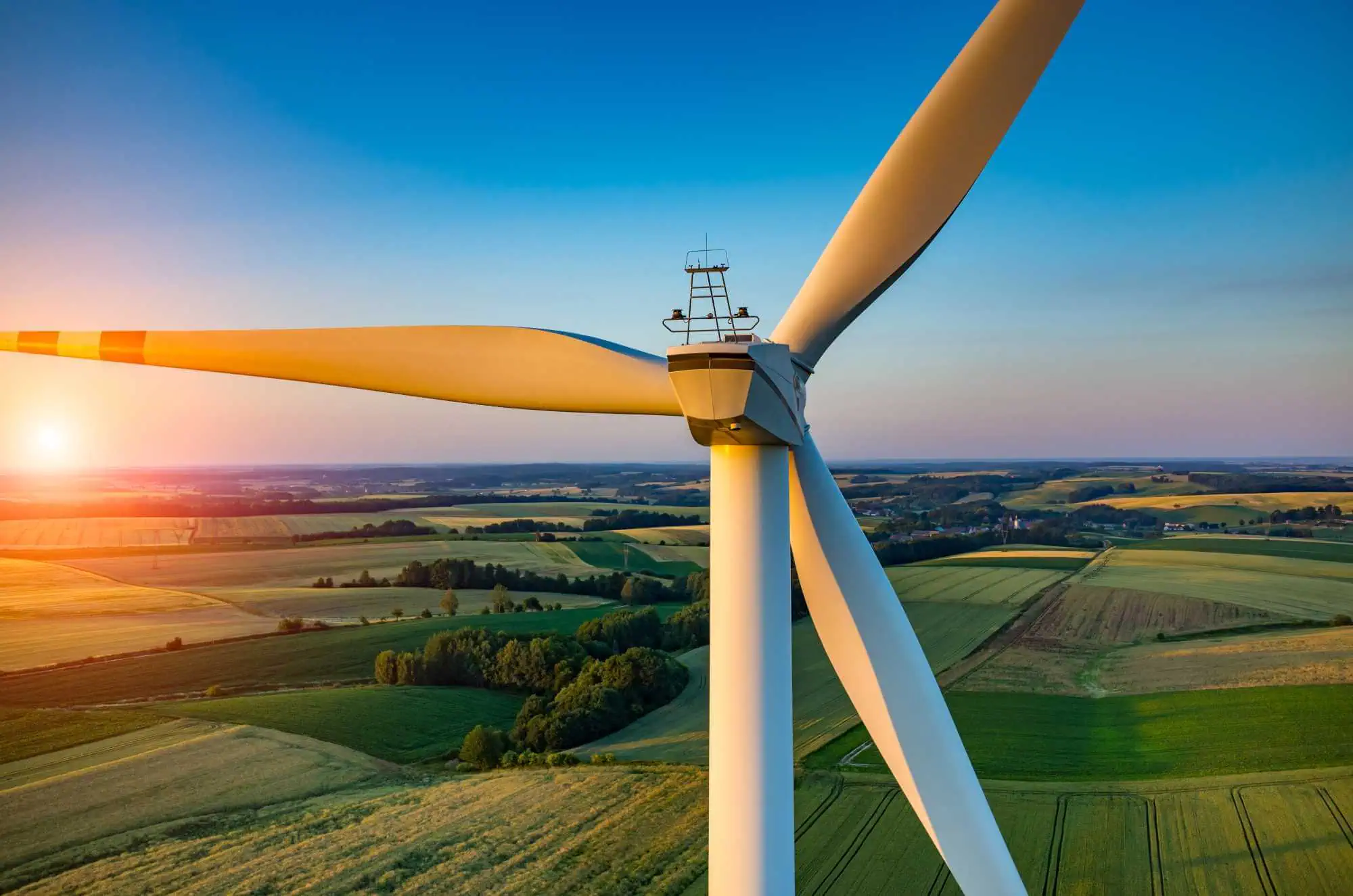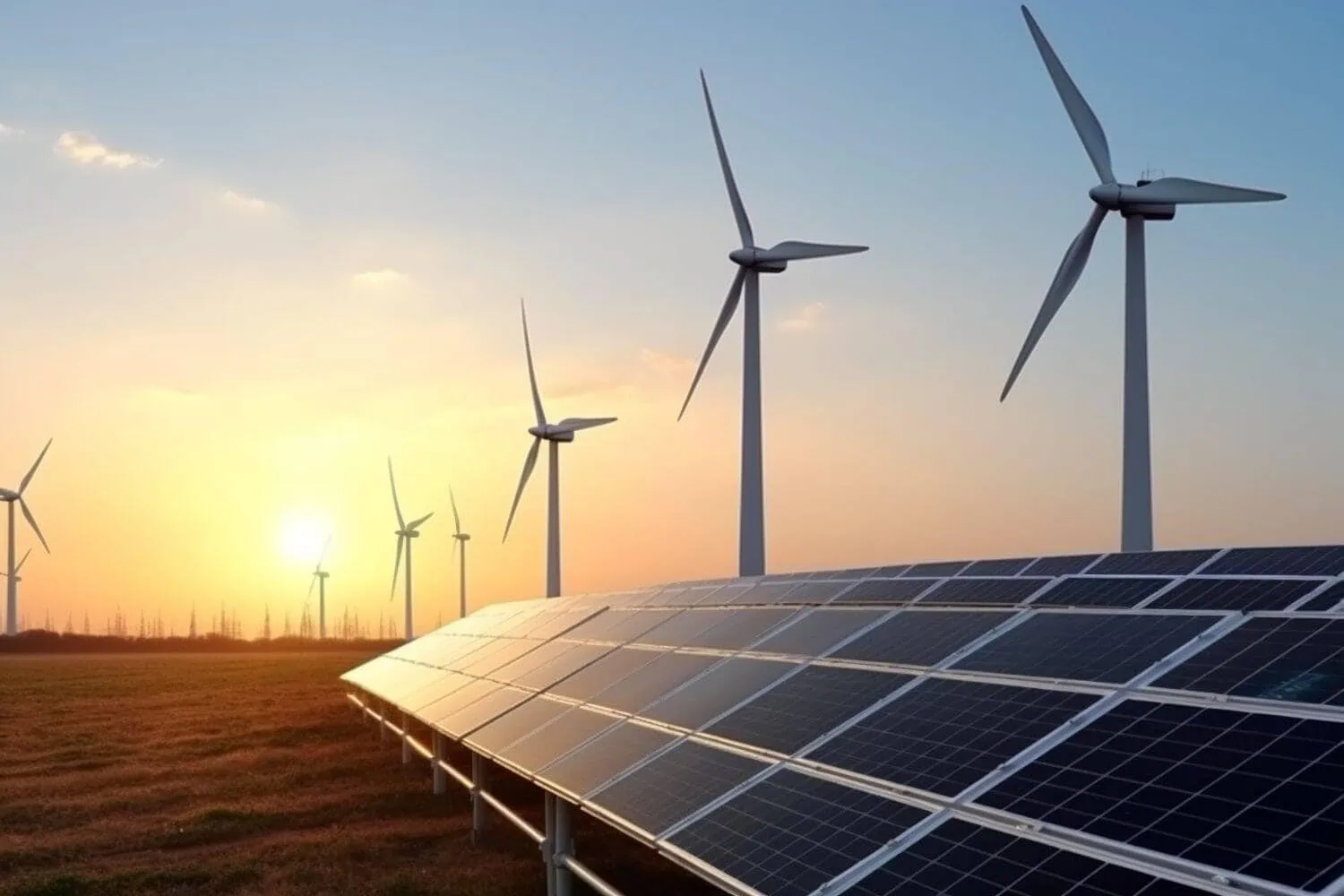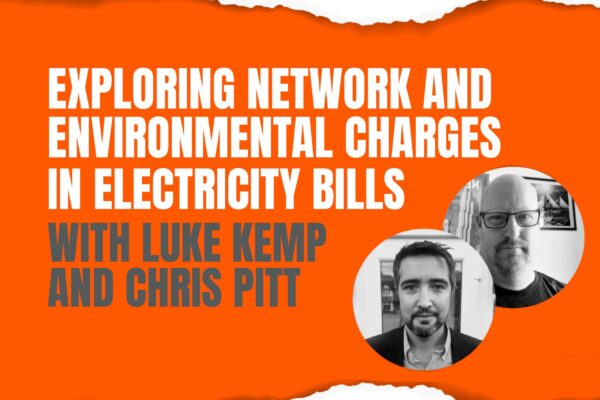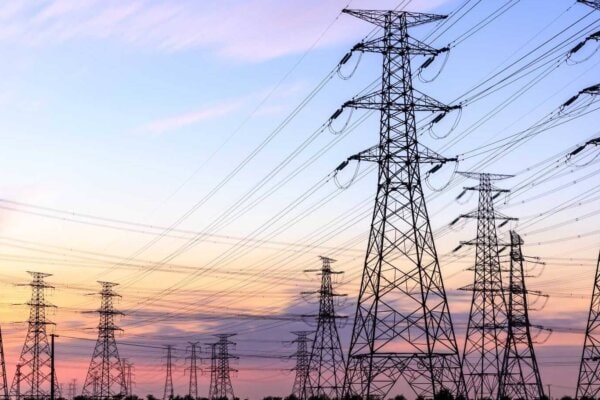Majority of businesses confirm the economic benefits of decarbonisation
According to a recent survey5, 82% of businesses have seen economic returns from decarbonising their operations. These gains are largely due to revenue growth and the financial savings that come from resource optimisation in their organisation, such as smart metering and building efficiency. The report states that businesses that measure their GHG emissions and their risk, in a comprehensive way, can increase their likelihood of achieving significant revenue by 1.4 times. Those who have adopted transition and adaptation strategies are 2.2 times more likely, largely through sustainable products and efficiency improvements.
Engaging in decarbonisation and efficiency measures can have multiple business benefits for those who are willing to get involved, and you can read more about some of these here.
Interventions could bring significant climate and health benefits
New research, supported by a coalition of 29 cities across the globe, affirms that interventions to improve health in cities can simultaneously lower emissions. The report, titled The Case for Action: The power of prevention to support health in a changing climate, concluded that over 725,000 lives could be saved through action regarding four climate-related health interventions.
These four solutions include:
- Heat and air quality measures
- WASH (water, sanitation and hygiene) improvements
- Healthy lifestyles
- Community resilience
Under each of these areas, the report advises city-led improvements to be made, such as urban greening, cool roofs, better access to piped water, promotion of healthier lifestyle choices, and early warning systems. Notably, the report found that implementing these measures across 11,000 cities could avoid 15.6 million metric tons of CO2e from healthcare provision every year by 2030. Additionally, these four interventions can help deliver more resilient cities for the future challenges that climate change may bring.
It’s important to acknowledge the link between climate action and health, with this report showcasing how a holistic approach can deliver co-benefits for both.
Amount of electric vehicle (EV) chargers installed in the UK sets new record
Continuing the trend from previous editions of Bryt Insight, there has been another positive update regarding EV charger progress in the UK. The UK has surpassed the significant milestone of 85,000 electric vehicle (EV) charging points installed across the country7, with 1,234 new charging points added in August. 11,464 charging points have been installed in total across 2025, continuing the rapid expansion of EV charging points we’ve seen made available since 2021.
This number represents a significant step towards the UK Government’s target of installing at least 300,000 public EV charging points by 2030, helping to accelerate the decarbonisation of transport and support the switch to electric vehicles.








